Some of the female eggs enter the ripening process under the influence of hormones during the menstrual cycle, which occurs on average every 28 days. The healthiest of the matured eggs is cracked and released from the follicle it is in, or in other words, the sac, and thrown into the fallopian tubes. Although the female reproductive system allows the eggs to mature, it cannot produce the egg itself. Every woman is born with a certain egg reserve (AMH). At birth, there are approximately 2 million eggs in the female ovarian reserve.
By the time of adolescence, this number decreases to 400 thousand. Although one egg is left in the fallopian tubes every month during the fertility period from adolescence to menopause, the person loses an average of about 1000 eggs per month. In addition to the decrease in the number of eggs in the egg reserve, the quality of the eggs decreases as time passes. While approximately 40% of the eggs in the ovary of a woman who is 30 years old is healthy, this rate decreases by 20% when the person turns 40.
When is egg quality, one of the frequently asked questions, deteriorated? The question can be answered in this way. This also reduces the chances of a person becoming pregnant naturally. It is very rare for a woman to become pregnant naturally after age 45. In addition to genetic factors, environmental factors are also effective in reducing the number and quality of eggs. Smoking, unhealthy diet, and sedentary lifestyle can cause ovarian quality to drop faster. Frequently asked “What is egg quality?” Before moving on to factors that negatively affect egg quality. It is necessary to answer the question.
What is Egg Quality?
The quality of eggs needed to conceive naturally or by the method of fertility-assisted IVF treatment is among the sine qua non for fertilization and pregnancy to result in a healthy birth. This is primarily related to the egg reserve of the expectant mother. Not having enough eggs in the mother’s ovarian reserve (AMH) is one of the factors that decrease the chance of pregnancy.
When women are born, they have a certain egg reserve. In other words, the female body does not produce the reproductive cell egg later. The person has an average of 400 thousand eggs when he reaches the adolescence period, which is considered the beginning of fertility period. During the menstrual cycle, a single egg is thrown into the fallopian tubes every month, but the person loses about 1000 eggs every month. However, this loss increases with age.
While the person lost about 12% of their eggs at the age of 30, only 3% of the eggs remain in the ovarian reserve when they are 40 years old. As the number of eggs in the ovarian reserve decreases, the quality of the eggs decreases. In other words, when a person turns 40, the chances of conceiving naturally are greatly reduced.
Therefore, if possible, pregnancy should be provided before the age of 35 or the egg should be frozen for future use. When it comes to egg quality, mothers’ minds think, “Does smoking affect egg quality?” or “Does stress affect egg quality?”.
Factors Affecting Egg Quality
One of the biggest concerns of people planning to conceive is egg quality. The person questions the relationship between his health problems and ovarian quality. So does Insulin resistance affect egg quality? or Does Chocolate cyst (endometriosis) affect egg quality? Many questions come to mind. Although age is the main factor affecting egg quality, some diseases, medications, genetic and environmental factors may also cause lower egg quality.
Endometriosis, commonly known as chocolate cyst, is among the causes of egg poor quality. Incorrect chromosome number, smoking, chemotherapy, radiotherapy, some immunological diseases, obesity, obesity and ovarian cysts can cause negative egg quality. Another question about egg quality is “Does antibiotics affect egg quality?” It shaped.
Antibiotics, which are used irregularly and without the recommendation of a doctor, lead to disruption of the vagina flora in women and the appearance of fungal infections. This reduces the ability of sperm, which is the male reproductive cell, to be limited and thus reduces the possibility of fertilization of the egg or the ability of the fertilized egg to hold onto the uterus. However, antibiotic treatments used in physician control do not have a negative effect on egg quality. Stress alone can be an adequate factor for infertility.
That’s why it’s important to stay away from stress. Caffeine, cigarettes and alcohol use do not reduce stress levels, but are also factors that negatively affect ovarian quality. People with low egg quality can use many different ways to improve egg quality. Cures can be applied to improve egg quality. Healthy and balanced nutrition is at the top of these. It may be recommended to consume foods that increase egg quality and use nutritional supplements.
Foods that Improve Egg Quality
One of the questions frequently asked by people with low egg quality is “How to increase egg quality in women?” It shaped. There are many different methods to increase egg reserve and quality. Balanced, regular and healthy nutrition comes first. If there is no medical reason, the person should consume little by little from each food group.
Seasonal fruits, vegetables, whole grain products, dairy products, nuts and seeds are an important part of nutrition. Dark green leafy vegetables such as spinach and cabbage and foods with antioxidant properties are known to improve egg quality. It is recommended to consume fruits with a vitamin store for egg quality. Using DHEA to improve egg quality is also among the nutritional supplements recommended by experts.
However, if these products are absolutely recommended by the physician, they should be used in the specified dosage. In addition, royal jelly can be used for egg quality. Frequently asked, “What does egg quality depend on?” before answering the question, “How do we understand egg quality?” It is necessary to answer the question.
How Do We Understand Egg Quality?
There is no special test to determine the egg quality. However, there are several parameters in determining the egg quality. Based on this information, one can have an idea about the egg quality. Genetic screening before implantation in the IVF treatment method (PGS) enables the detection of chromosomal anomalies in the embryo. Having too many anomalies as a result of genetic screening may indicate poor egg quality. 90% of such anomalies are caused by eggs.
When is the egg quality made with PGS test determined? The answer to the question varies according to the institution where the test is performed. In addition to the PGS test, problems related to pre-existing pregnancies can also give an idea about egg quality. The result of a low pregnancy or a long pregnancy period may indicate poor egg quality.
According to the results of egg follicle counts determined by laboratory tests, the number of eggs under women under 35 and therefore the egg quality is high unless there is a different health problem. The number of eggs decreasing with age is also a sign that the quality of eggs has decreased. Frequently wondered, “How to understand egg quality in women?” The question can also be answered in this way.
What Causes Egg Poor Quality?
The main cause of egg poor quality is age. When the person is 30 years old, the amount of eggs remaining in the ovarian reserve is reduced by 60% compared to the moment of birth. If it is 40 years old, 80% of the eggs will be lost. The low amount of eggs in the ovarian reserve is one of the leading causes of egg poor quality. The difference is that 80% to 90% of the eggs owned by a 20-year-old woman are healthy, while only 20% of the eggs owned by a 40-year-old person are healthy.
Fertility also decreases due to the decrease in both the number of eggs and the rate of healthy eggs. Other than age, causes such as endometriosis, ovarian cysts, some immunological disorders, obesity, chemotherapy, drug use, smoking, alcohol and caffeine consumption may also lead to decreased egg quality.
If you have difficulty in conceiving and think your egg quality is low, you can contact us at 444 39 49.


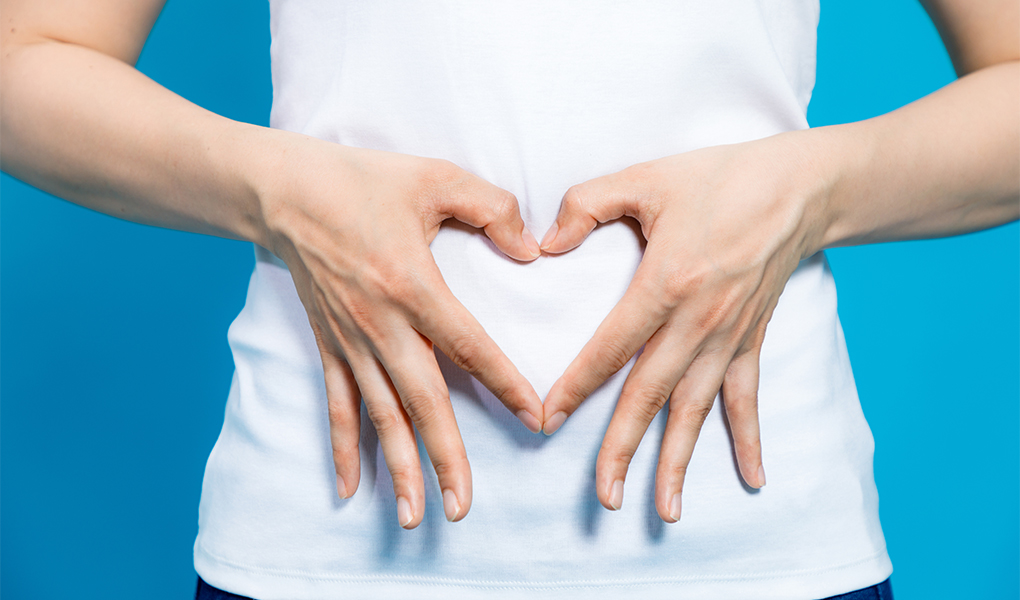
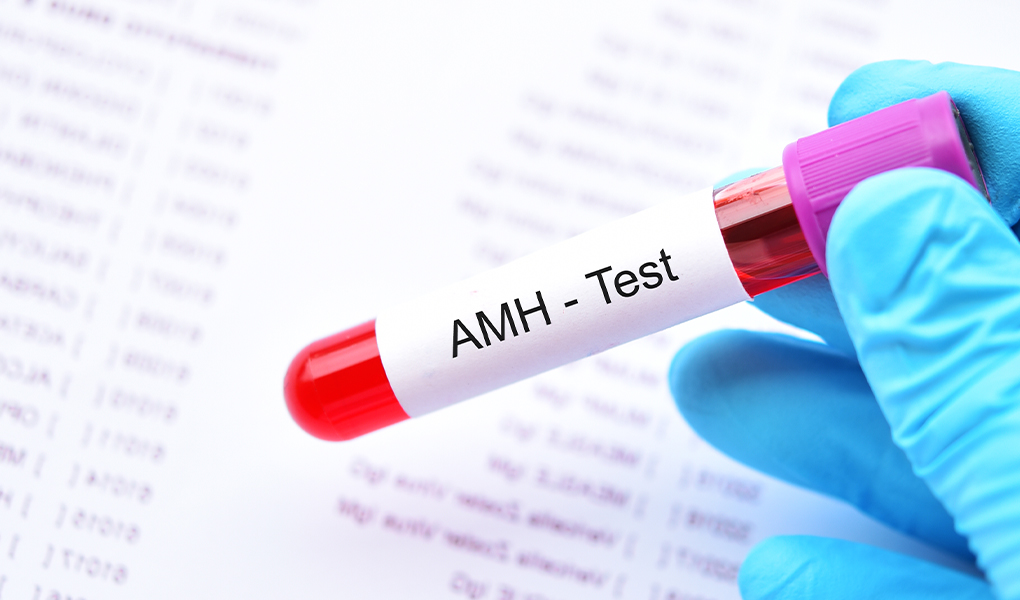
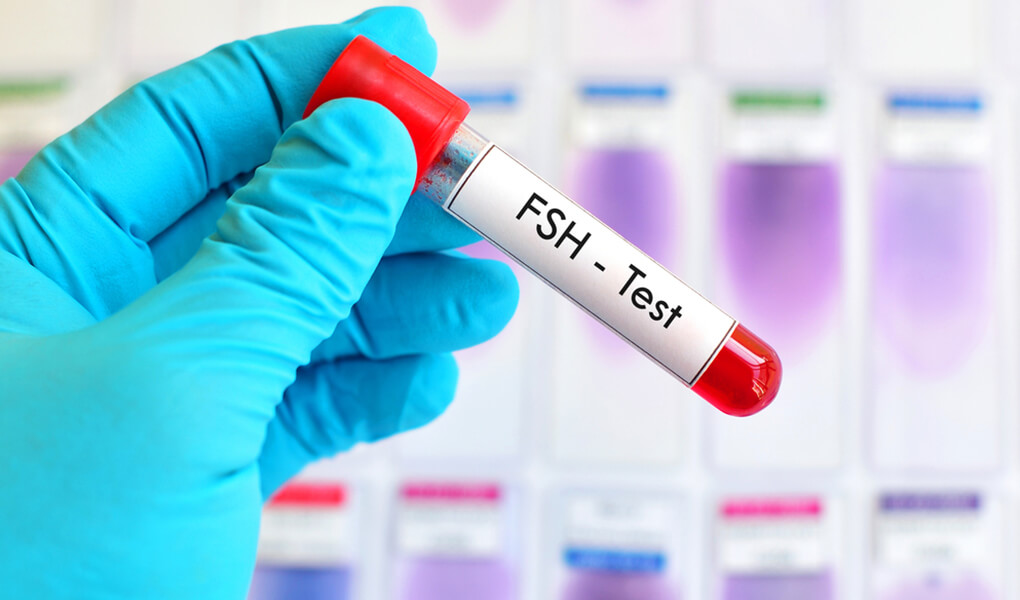
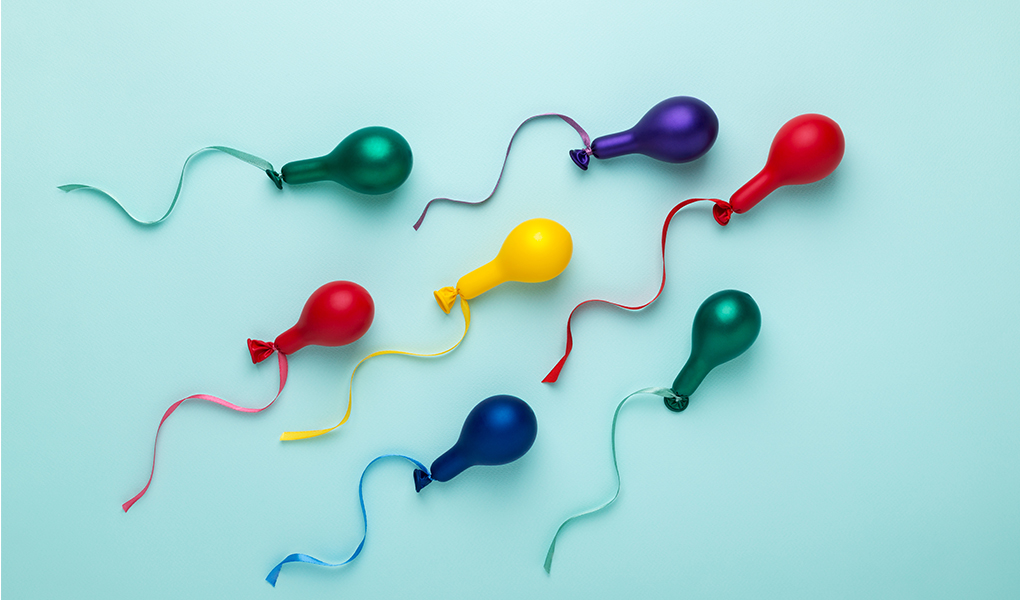

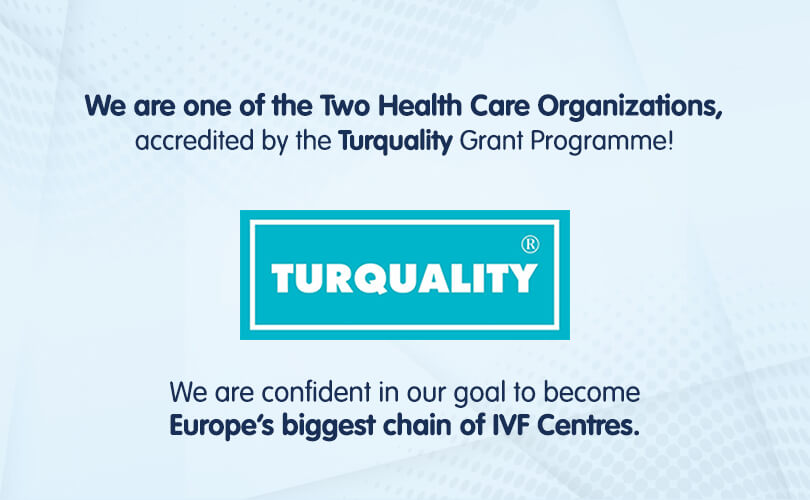


Be the first to comment